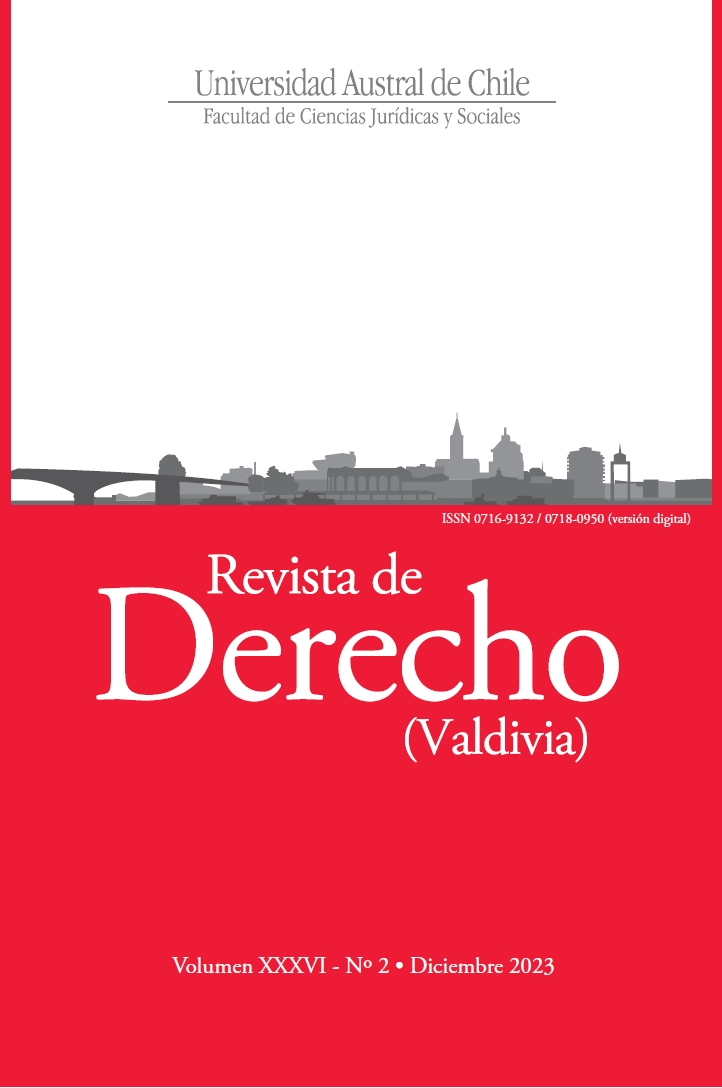Reasonable accommodation for persons with disabilities in Chilean law: a preliminary characterization and evaluation of the current state of affairs
Main Article Content
Abstract
Reasonable accommodation measures are recognized as a critical tool for the exercise of the rights of persons with disabilities and their relevance has reached new strength at a global stage due to their express consecration in the United Nations Convention on the Rights of Persons with Disabilities. Against this background, this study aims to make an initial diagnosis of the cu- rrent state of affairs on reasonable accommodation for persons with disabilities in Chilean law, through the characterization and evaluation of their treatment in national legislation and case law. The study suggests that, despite the existence of positive aspects, the novel Chilean experience on reasonable accommodation presents, at least, three specific problems: in the case of legislation, the low normative density of the provisions that address the matter; in the case of the case law, the existence of conceptual difficulties in the application of reasonable accommodation and the weak judicial scrutiny when defendants refuse to implement these measures.


 https://orcid.org/0000-0002-1659-1357
https://orcid.org/0000-0002-1659-1357